How to Choose the Best Thermal Insulation Bricks?
Thermal insulation bricks are a type of refractory brick with heat-insulating capabilities. They can be used in high-temperature industrial equipment to help retain heat and reduce heat transfer. In order to meet the needs of different high-temperature environments, there are many varieties of thermal insulation bricks, and each type of brick has different advantages and characteristics.
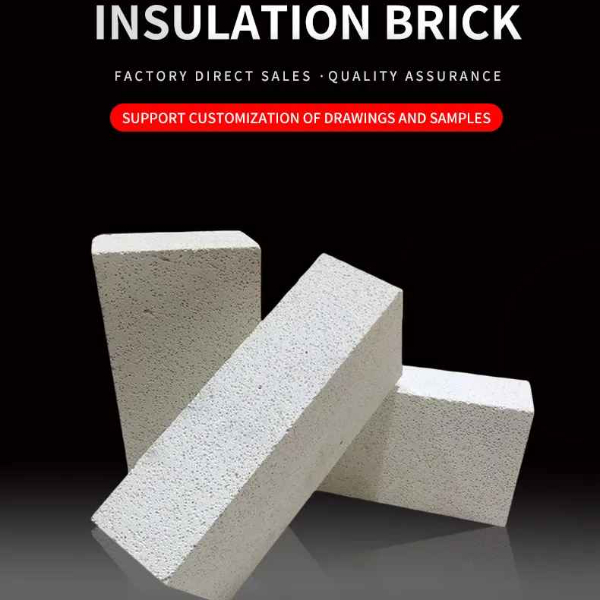
Introduction to five common thermal insulation bricks
High alumina insulation brick
High alumina insulation bricks are used for the lining of high-temperature equipment, including ceramic tunnel kilns, hot blast furnaces, coke kilns, etc. They are generally not used in industrial equipment that needs to be in direct contact with flames or resist chemical erosion.
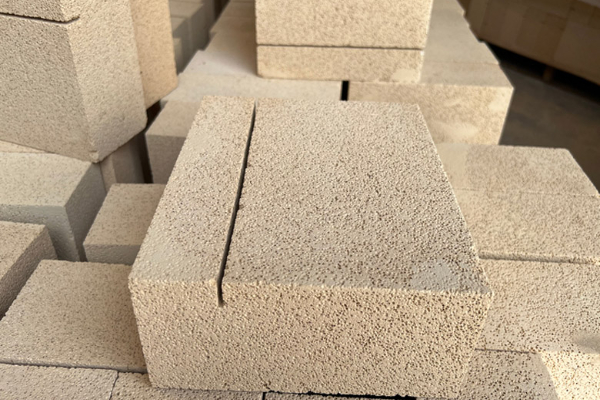
Al2O3, %: ≥48;
Thermal conductivity, W/(mk): 0.2-0.55;
Cold crushing strength, MPa: 1.0-4.5;
Clay insulation brick
Clay refractory insulation bricks can be widely used in many industrial high-temperature equipment, including blast furnaces, hot blast furnaces, cement kilns, glass kilns, etc. Clay insulation bricks can resist the erosion of acidic solutions. But it also cannot be directly exposed to flames.
Al2O3, %: 30-46;
Thermal conductivity, W/(mk): 0.23-0.65;
Cold crushing strength, MPa: 0.8-6.0;
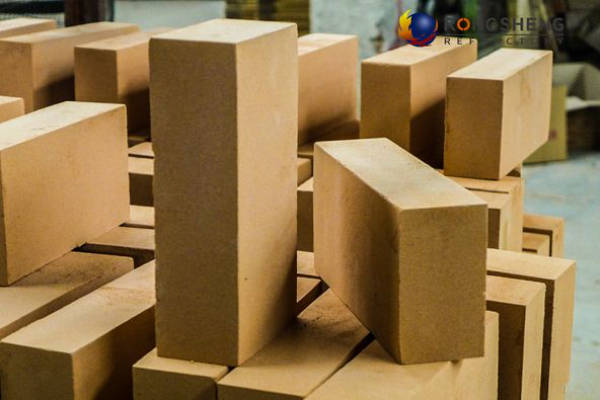
Mullite insulation brick
Mullite insulation brick has many pores on the surface, so it has strong insulation ability. In addition, JM mullite insulation brick can also resist the erosion of acid and alkali. Therefore, it can be used for the lining of high-temperature kilns such as glass melting furnace regenerators and ceramic sintering kilns. It is also used to top hot air kilns, etc.
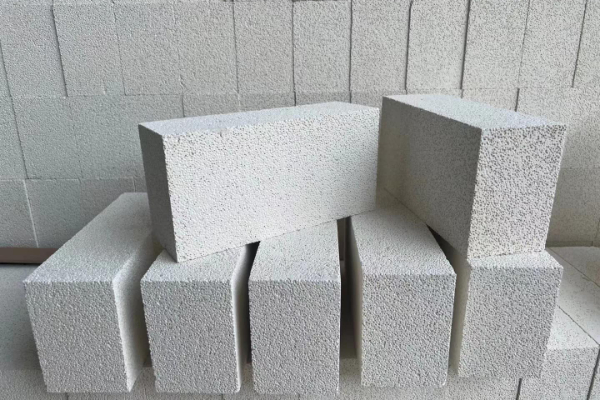
Al2O3, %: 40-77;
Thermal conductivity, W/(mk): 0.18-0.56;
Cold crushing strength, MPa: 0.9-3.5;
Silica insulation brick
Silica insulation brick is a kind of acidic insulation brick. It can resist the erosion of acidic chemical gas. There are many pores on the surface of silica brick. These pores reduce the weight of the brick. So silica insulation brick is lighter than other insulation bricks. Silica insulation brick is mainly used for the insulation layer of hot blast furnaces, steel rolling furnace tops, natural gas pipelines, and other blast parts.
SiO2, %: ≥91;
Thermal conductivity, W/(mk): 0.55-0.7;
Cold crushing strength, MPa: 2-5;
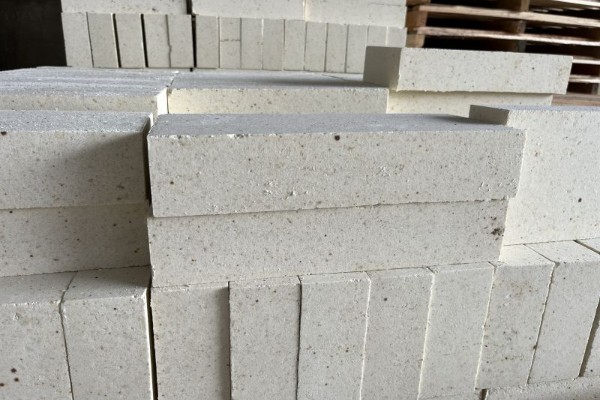
Alumina hollow ball brick
Alumina insulation bricks are usually used for lining of high-temperature industrial equipment such as ceramic kilns, cracking furnaces, glass kilns, and waste incinerators. Alumina hollow bricks have excellent thermal insulation properties. The bulk density and thermal conductivity are low. These properties enable alumina hollow bricks to maintain the temperature of industrial equipment.
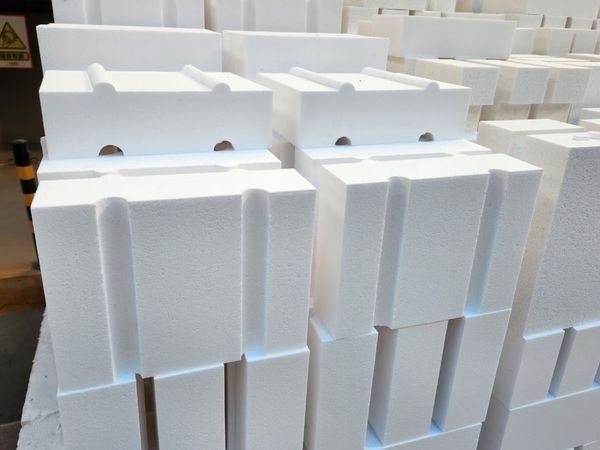
Al2O3, %: 90-99;
Thermal conductivity, W/(mk): 0.9-1.2;
Cold crushing strength, MPa: 6-18;
 Rongsheng Refractories Factory
Rongsheng Refractories Factory
WeChat
Scan the QR Code with wechat